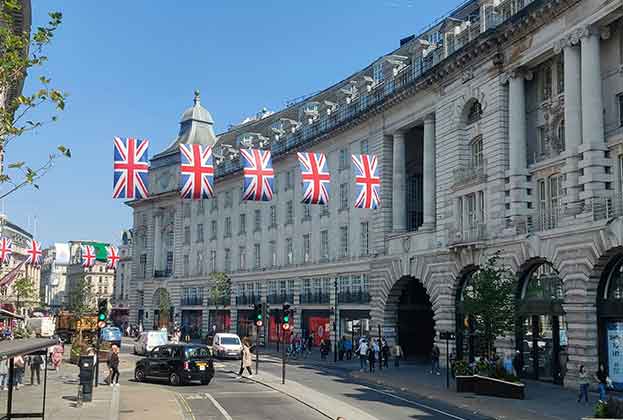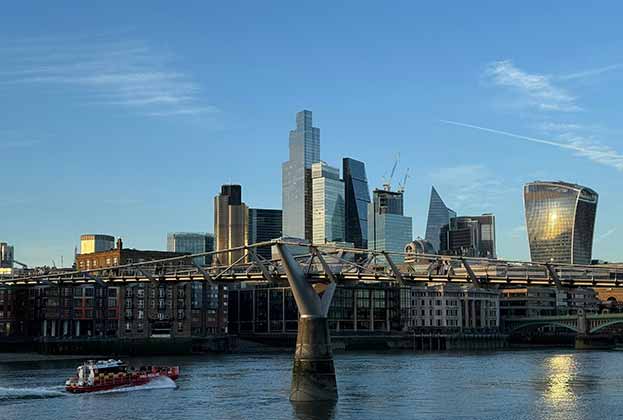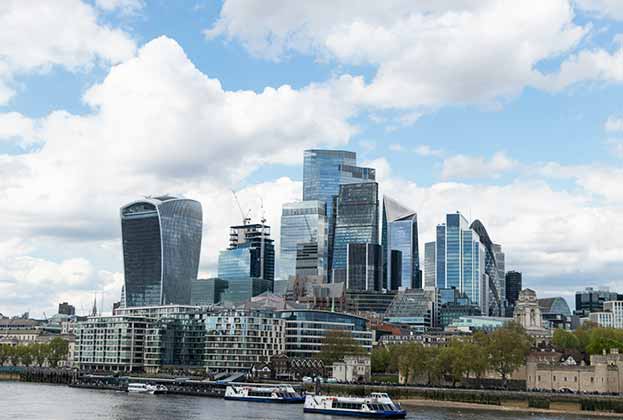The pandemic has created very few silver linings for society, but in the past year we have observed one positive: a marked shift in investor attitudes to social value investing.
Recent months have heralded a new and deeper understanding of ESG. It is no longer simply seen as a tool for creating greater financial value, nor a way to ensure shareholders and stakeholders are resilient to climate-risks. What we observe is a firm expectation that businesses and investors will make a positive contribution to society through impact investing, as our latest report shows.
An effective ESG strategy has become top priority for all business leaders in the property industry, globally. But moreover, the pandemic has broadened it out to an issue that is about the reduction of inequality, wellbeing and decreasing environmental impacts.
Collectively, however, a lot of work needs to be done to crystallise what social value actually means, and we will see this as a theme for 2022 and beyond.
The top line of socially-responsible investing is that buildings should enhance the safety, health, wellbeing and the positive prospects of inhabitants and surrounding places. It can be tricky, however, to know the impact of an asset to society because of a lack of standard measurement tools. Until these and data become more available, it is difficult to track the financial outcomes or success.
Methodologies such as the National TOMs Measurement Framework are increasingly being adopted in the UK and helping to standardise measurements around how a building can impact jobs and skills, improve a community’s resilience and contribute to decarbonisation. As these become more entrenched, there are investors out there that are pushing ahead in these embryonic phases.
Ongoing monitoring processes for these early-movers, are key and often comprises a selection of measurable indicators. This is defined as anything that is relevant to the specific building and its surrounding community, such as employment creation, hours volunteered, mentoring programmes, sustainable transport, health and wellbeing, amenities and infrastructure. At White City Place, London, a successful relationship between the estate management team and the local community has produced biodiversity solutions and raised funds for the local school.
In Poland, the Galeria Katowicka shopping centre, managed by Savills Investment Management, is the first of its kind in Europe to introduce a comprehensive programme for autistic visitors in order to improve the accessibility of these spaces. Soundproof spaces and silent hours have been introduced to aid autistic visitors’ shopping experiences.
But the “S” in ESG is also as much about resilience as anything else. During Covid-19 we have witnessed a change in the way businesses operate, with greater attention to long-term collaboration between stakeholders and an increased focus on environmental and social impact. From this experience there is now growing evidence that organisations that prioritise the social value of their investments actually support the viability of their own operations even in uncertain times.
The realisation that real estate is dependent on the communities it serves is perhaps another of the rare, but positive, outcomes of the pandemic - for all concerned.
Further information
Spotlight: Social value in European real estate
(1).jpg)




.jpg)

.jpg)


